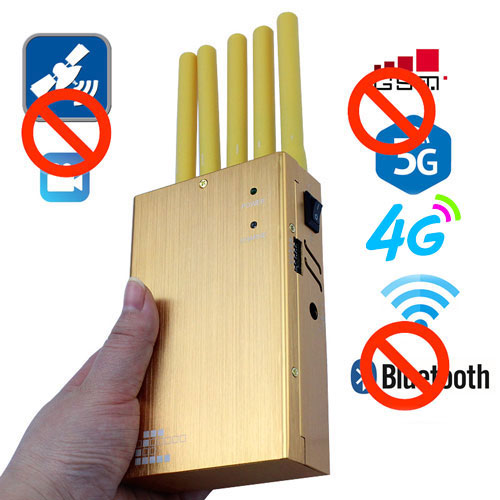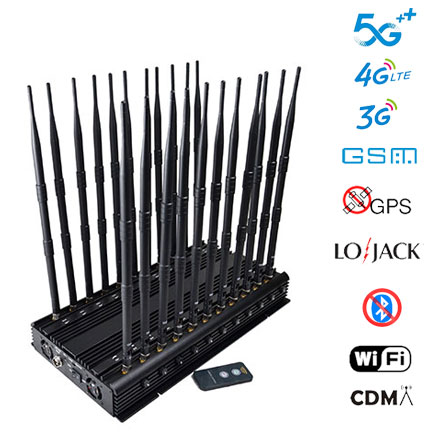A ruling that prohibits companies from using signal blocker to interfere with workers’ mobile phone communications at their workstations was recently issued by the Labor Directorate (DT).
The doctrine in this regard was established by ordinary 2315/54, which responds to a query about whether it is possible for a company to install devices that block workers’ cell phone signals within the company.

The DT’s ruling concludes that said company “cannot interfere, intercept or interrupt the signal of the cell phones of the workers inside the company.”
To conclude, the DT turns to constitutional, labor and international norms, whose joint understanding is an active defense and promoter of the fundamental rights of workers, in this case, that of their intrinsic dignity.
Thus, it recalls that article 19 number 5 of the Political Constitution of the State assures everyone “the inviolability of the home and of all forms of private communication, linking it with article 5 of the Labor Code which provides that“ the exercise of the powers the law recognizes that the employer is limited by respect for the constitutional guarantees of workers, especially when they could affect their privacy, private life or honor ”.
Internationally, the statement includes the provisions of the American Convention on Human Rights and the International Covenant on Civil and Political Rights.
Both instruments affirm that “no one may be the object of arbitrary or illegal interference in his private life, his family, his home or his correspondence.”
For DT the term “correspondence” should be understood as a written communication form, given the time in which these international treaties were drawn up, and also because both standards protect fundamental rights and “should be interpreted in a broad manner, understanding that the protection contemplated the concept of correspondence encompasses all forms of communication ”.
Likewise, a report from 2002 is recalled that includes what was stated by the jurist José Luis Cea regarding the inviolability of private communications encompassing letters, telephone, audiovisual and even e-mail, “provided they are not open to the public” .
Thus, the DT maintains that for the privacy protection to be in force, communication must be a private act between specific or determinable persons who are the victims of an illegitimate or arbitrary interference in communications.
In the specific case, the DT also required a technical statement from the Undersecretariat of Telecommunications.

In its response, the Undersecretariat reported that “the so-called Inhibitors or Signal Blockers, also known by their English term“ wireless jammer ”, and consist of radio devices that produce an intentional interference or disturbance of a communication, in order to avoid the exchange of information, between two or more parties, thus not allowing calls or data transfers, such as messaging services, Internet access or similar ”.
Even the General Telecommunications Law 18,168 criminally penalizes interference, interceptions, interruptions or unauthorized captures of a telecommunications service.
In this way, concludes the opinion of the DT, “the installation of devices that interfere, intercept or interrupt any form of communication that workers have in the orbit of their private life within the company, not only constitutes a violation of rights fundamental, but also constitutes a crime of public criminal action ”.